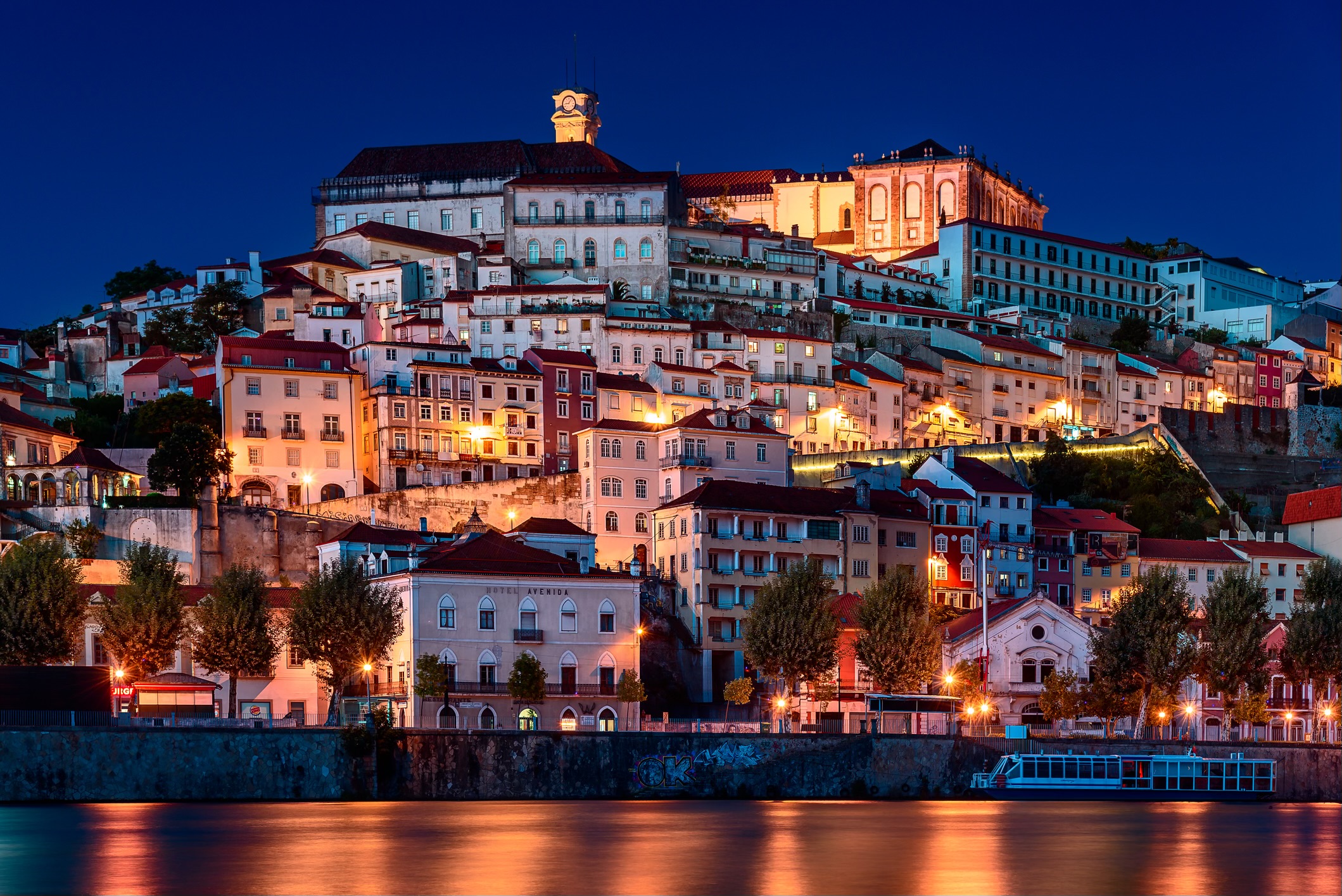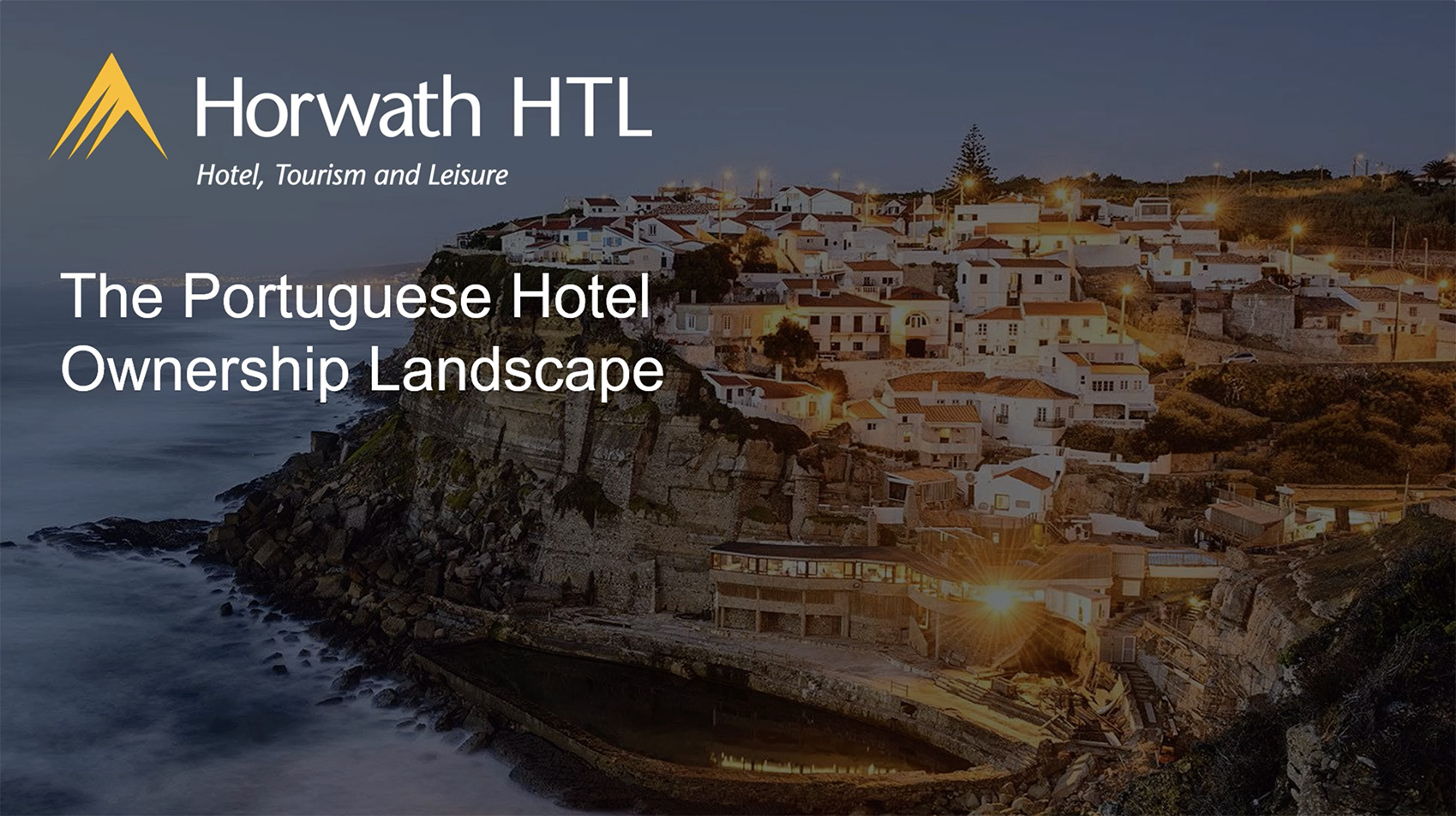
Report
The Portuguese Hotel Ownership Landscape
Horwath HTL has analysed over 1,300 hotel owning companies to identify the characteristics of the main players in the market and how the ownership landscape is structured.
Foreign investment has been growing significantly, but most hotels are still owned by Portuguese companies. Recent years have seen a growing trend. Most of the acquisitions were by international institutional companies, which indicates a future transformation of the Portuguese ownership landscape, resulting in greater consolidation of the market.
Key Findings
Ownership Fragmentation: The Portuguese hotel market is dominated by domestic, private, single-unit owning companies. Most owners also manage their properties, reflecting a market primarily composed of family-owned businesses.
Dominant Players: Major Portuguese hotel operators like Grupo Pestana, Vila Galé, and Grupo Azinor are significant owners. Noteworthy investment funds include Fundo Recuperação de Turismo, FCR – ECS Capital, and TF Turismo Fundos – SGOIC. International players such as AccorInvest and Pontegadea also hold substantial portfolios.
Foreign Investment: Although international companies represent only 12% of owners, they hold 13% of hotels and 18% of keys, with a preference for larger, upscale, and luxury properties. Their average hotel size is 106 rooms compared to 71 for domestic owners.
Institutional and Listed Companies: Institutional and listed investors typically own larger portfolios with a higher number of rooms. They have shown more interest in upscale and luxury properties, which comprise 69% of their holdings compared to 53% for domestic owners.
Geographic Distribution: Foreign investment is concentrated in Lisbon, Porto, and the Algarve, while domestic investment is spread more evenly across the country. This includes many small, family-owned hotels outside the main tourism hubs.
Ownership Characteristics
- Domestic vs. International: Domestic companies dominate the market, particularly in the midscale segment. However, international companies are more prevalent in the luxury segment, with significant investments in upscale properties.
- Company Profiles: Private operators represent 93% of owners, while institutional and listed companies tend to own more significant, higher-end properties. Listed companies have a substantial presence in the economy segment, influenced by groups like AccorInvest owning several Ibis hotels.
Investment Trends Recent years have seen increased acquisitions by international institutional investors, signalling potential future market consolidation. This trend is likely to lead to a higher presence of international brands as these companies seek to position their properties both domestically and internationally.
Challenges and Opportunities
- Market Consolidation: The COVID-19 pandemic may accelerate market consolidation as financially stressed owners consider selling properties. Institutional investors are expected to play a crucial role in this transformation.
- Government Initiatives: The Portuguese government supports market consolidation to enhance competitiveness and resilience. Incentives for mergers and acquisitions are expected to contribute to further consolidation.
- Regional Focus: Major players concentrate investments in Lisbon, Porto, and the Algarve, which account for 36% of Portuguese hotel stock. This concentration is reflected in recent transactions and the hotel development pipeline.
Download the report
For detailed charts, graphs, and further analysis, download the full report here


